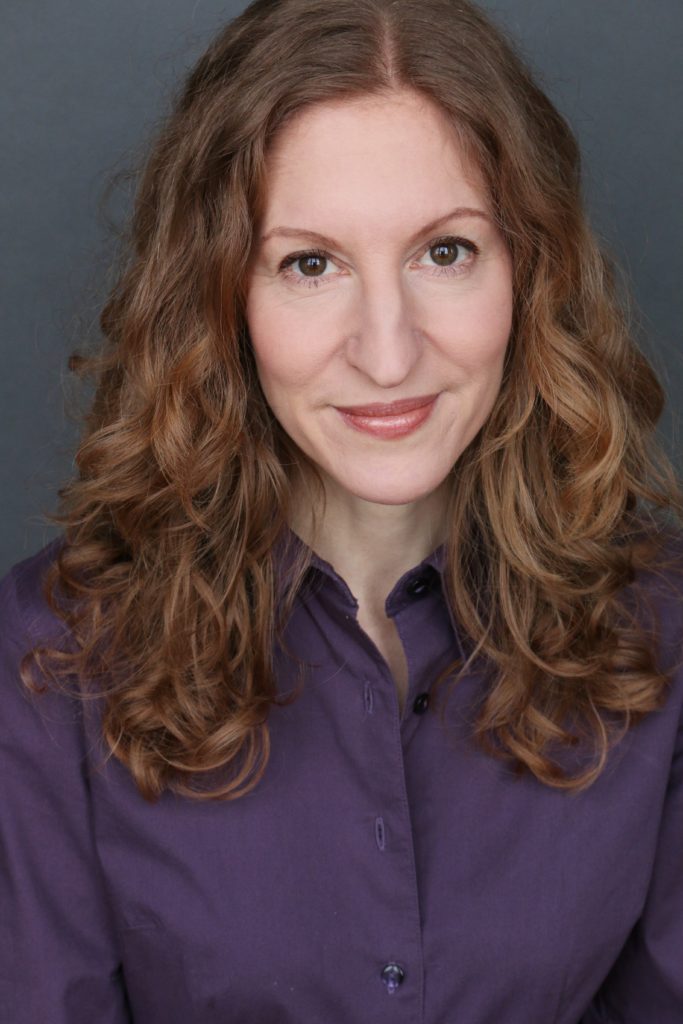
Fri 3/31 @ 12-1:30 PM
With a mission to celebrate the cultural institutions of Northeast Ohio, the Cleveland Humanities Festival, taking place March 15 through late April at various locations round northeast Ohio, this year engages the public in addressing some of society’s most challenging issues and pressing concerns — the movement of people.
One such panel discussion is “When Away Becomes Home: The Refugee Crisis and Opportunities for Welcome in Northeast Ohio,” which is slated for Fri 3/31 at MOCA Cleveland.
The free University Circle event will be moderated by Wendy Pearlman (Martin and Patricia Koldyke Outstanding Teaching Professor at Northwestern University), who this June releases her new book We Crossed a Bridge and It Trembled: Voices from Syria. Also on the dais will be Justine Howe (CWRU Department of Religious Studies assistant professor), Joe Cimperman (Global Cleveland president) and Bishnu Sunnar (a Bhutanese refugee who works as an employment counselor for the International Institute of Akron).
CoolCleveland talked to Pearlman about what she calls the greatest humanitarian catastrophe of our time.
Why were you interested in speaking at the Cleveland Humanities Festival?
I’m passionate about the topic, as much as I have a book being published in June, which is a collection of Syrian stories. I was excited to share some excerpts from my book. Then, as the panel took shape, I became even more excited about it. It’s not just me talking and sharing the research I’m doing, but I’ll be together with a couple of people who are practitioners, who are involved with refugee resettlement in the Cleveland area. I think it will be a really nice conversation.
What will you be bringing to the conversation?
I’m coming from an academic point of view and sharing the interviews I’ve done with over 300 Syrian refugees in the Middle East and Europe. This will be combined with perspectives of two locals who are talking about refugees who have been resettled in the local area. I think it will make for a really nice dialogue with the diversity of perspectives. That’s when really interesting things happen. When you bring people together who might not otherwise meet or converse, and you discover through the course of conversation points of similarity or differences and discover new things, it can be for a really dynamic kind of setup.
How did you become interested in the Syrian refugee crisis?
I’m a professor of Middle East politics. I’ve been studying the Middle East for more than 20 years, I speak Arabic and have been traveling and studying in the region. When the Arab uprising, what’s called the Arab Spring, began in 2011, I was watching the protests unfold like many people and I became quite interested in Syria where people had for decades often been too afraid to even speak, let alone protest. I was fascinated how people gathered the courage to go out and protest and then of course that peaceful protests were met by violence from the Assad regime. What started out as an uprising became a war that became a refugee crisis.
This naturally dovetails into your book We Crossed a Bridge and It Trembled: Voices from Syria.
Yes, I’ve been fascinated by just the human stories of what it means to live such tremendous upheaval, what it means to live a humanitarian capacity that has led innocent civilians to suffer tremendous violence and tremendous injustice. Gathering people’s stories about these events, and the human dimension of what it means for these events, has been important for me. I hope the book will be accessible for readers who might be curious about Syria, but find it confusing.
Compared to other similar refugee stories — Cambodia, Cuba and the Holocaust come to mind — how unique is the situation in Syria?
I’m not sure how unique it is. Every generation has its tragedy — cases of war, violent repression and refugee outflow. This is the greatest humanitarian catastrophe of our time. It’s what is happening on our watch. It’s what is unfolding as we speak. One thing I think might be unique is past tragedies might not have been documented in real time as this one is. Syria has been unfolding for six years, and we know every day what happens. There’s no hiding from the horror. There’s no pretending you don’t know. That’s what makes Syria so important right now.
Finally, does the fact Syria is predominantly Muslim color the world’s perspective of its refugee crisis?
In the non-Muslim world, yes. Perhaps there are deep problems of Islamophobia in the west. In the United States, many non-Muslim Americans have trouble putting themselves in the shoes of Arabs and Muslims on the other part of the world. There’s a lot of misunderstanding, a lack of understanding and misperception that might get in the way of us seeing them as innocent civilians and families just like us. I hope that’s part of what the Cleveland Humanities Festival and other festivals are trying to do — to highlight the shared humanity in spite of the cultural barriers that often make it difficult for people to truly see and empathize. In my own work, that’s been fundamentally motivating to collect human stories and present them in a way that an American audience will be able to be moved and feel empathy with Syrians, even if they’re a different culture and a different religion and speak a different language and come from a place they haven’t seen because there’s a lot that connects us as human beings.
Cleveland, OH 44106